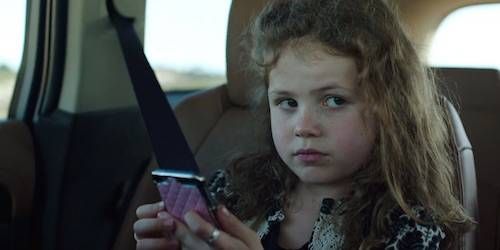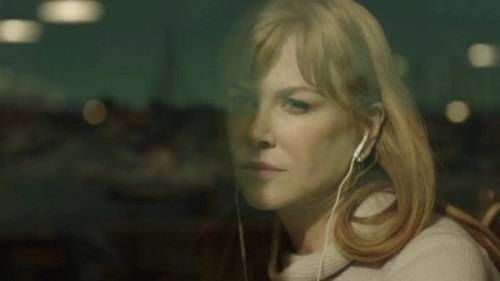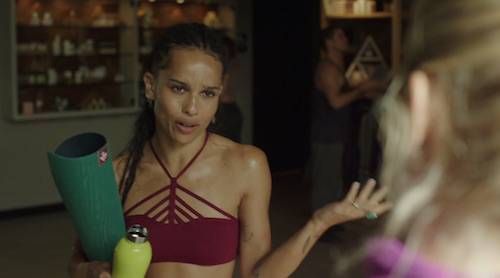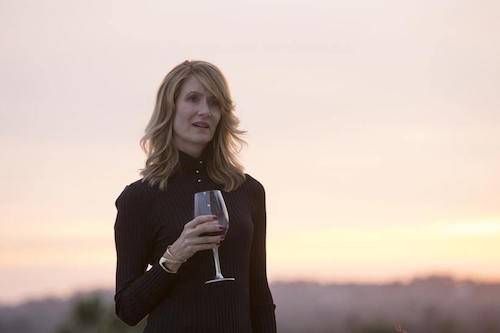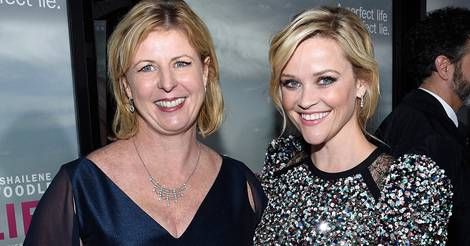
4 Things About HBO’s BIG LITTLE LIES That Need to Be Addressed
HBO’s limited-series adaptation of Liane Moriarty’s Big Little Lies was a hit and many people are talking about, dissecting, and writing think pieces on it. While there are the conversations I agree with and have learned from, there are also a few things I keep hearing–and not hearing–being discussed that I feel need to be addressed.
“The series was better than the book because of the cast.”
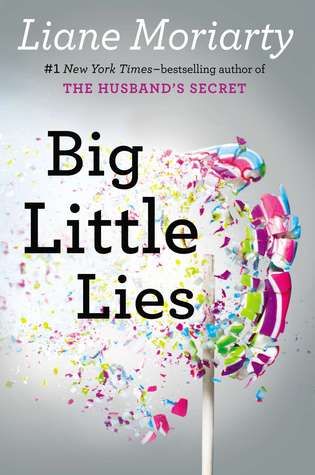
“I loved the Big Little Lies series but I don’t want to read the novel because I don’t like those types of books.”
Here’s the thing, what you saw on TV is what was in the book. There is no difference between them that would make the book a genre not to read but the show a genre to watch. And what I’m hearing when I keep coming across people saying this is that they don’t read books that are so much women. We are still raised to believe that men’s stories are for everyone but women’s stories are only for women. It’s a sexist, gross, and frustrating idea. It keeps women in a perpetual holding pattern of “not good enough.” If you read mystery/crime fiction but won’t read Big Little Lies because it isn’t your type of book than what you’re saying is that you don’t read women’s fiction which is literally FICTION that just gets labeled as women’s because sexism keeps things created by women separate so that it can be thought of as less than. It isn’t. It never was. It never will be.
“Big Little Lies isn’t crime fiction.”
It is. It is not the crime fiction most probably think of that involves femme fatales or the basic murder motives like money but it is still crime fiction. There is a crime committed and the mystery of it is what the entire novel revolves around–motives included. Placing women’s lives, domesticity, motives and point of view at the heart of a crime novel doesn’t stop making it a crime novel.
David E. Kelley and Jean-Marc Vallée getting all the praise over Liane Moriarty.
Did Kelley and Vallée do a good job adapting the novel? Yes. Should they get high praise for properly portraying women on the screen? Uh, that praise always makes me feel uncomfortable. Are we praising men for being capable of showing women as human? I mean where’s all the praise to Moriarty for creating realistic portrayals of husbands and male coffee shop owners in her novel?
Also, this praise keeps leaving out an important issue: this was a perfect opportunity for a woman writer and director–or at the very least one of those jobs going to a woman. Women are being passed up constantly for jobs, especially directing, and being that Witherspoon created her production company and is creating these adaptations to offset what she calls the Smurfette Syndrome then this was a perfect time to shine the light on women creators.
I agree that Vallée did a good directing job, especially in showing the flashbacks and the way women can feel complicit in sexual violence when they are the victim. But again what he did was show what Moriarty had written and already brought to life. The praise for Vallée needs to come with a praise for Moriarty for creating and showing such a difficult aspect of abuse that often leaves women silent and not seeking help.
I’m personally a fan of Kelley’s shows, and think he did a good job adapting the novel for the limited-series, but he didn’t make the show better than the novel. In the novel (and removed from the show) Bonnie has a backstory and it matters: it shows how someone who grows up with abuse might find ways to create peace in their adult life and yet still suddenly find themselves triggered. It also sucks that the only black woman main character(ish) in the adaptation had her backstory stripped, and really only remained to separate other characters while they were fighting. So while the adaptation added a black female character it failed to create a black woman with a story like the other women–as pointed out by a few articles it was “diversity in visibility only.”
The other change that shows Moriarty’s great writing skills was Abigail’s project had more to it, and a different way of being resolved, rather than a quick “end” after one conversation as shown in the series.
And the humor didn’t seem to fully jump from the page to the screen. I imagine that was done on purpose, seeing as dark is very popular. The thing is women rarely get credit for being funny and what many fans love about author’s like Moriarty is their ability to create both humor and very dark topics in the same work.
I’m happy to see all the praise for HBO’s Big Little Lies, especially since Witherspoon was told her production company wouldn’t last, but I want to see the appropriate praise also going to Liane Moriarty, and articles that recommend similar books and authors because fans of this show should be reading them.


